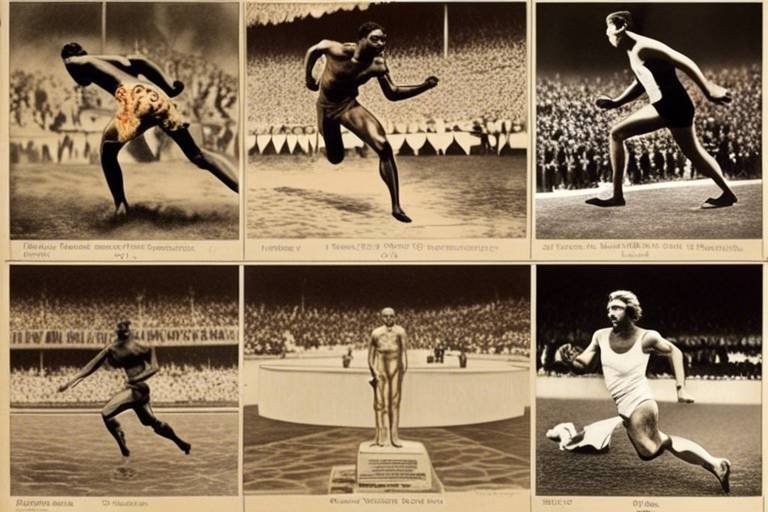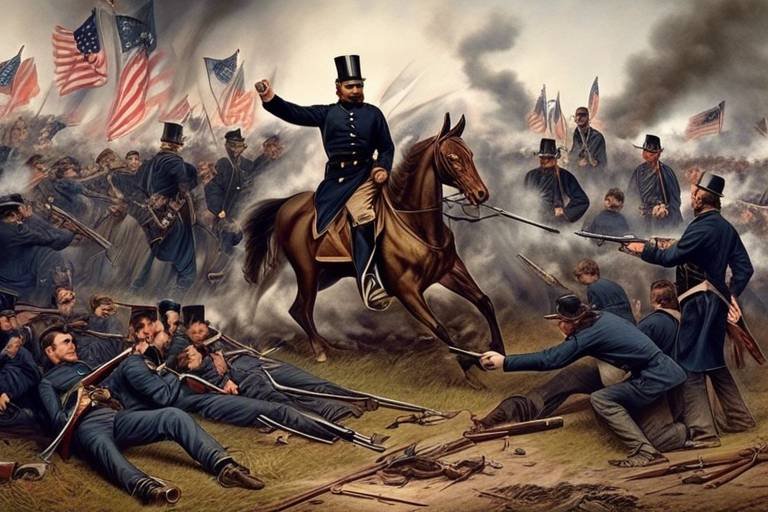The History of the Olympic Games - From Ancient to Modern
The Olympic Games have a rich history that dates back to ancient Greece, where they were held in honor of the gods. These ancient games featured a variety of athletic competitions, including running, wrestling, and chariot races. Athletes from different city-states would gather to showcase their skills and prowess, striving for victory and glory. The spirit of competition and excellence was at the core of the ancient Olympics, much like it is in the modern games we witness today.

Ancient Origins of the Olympics
The ancient origins of the Olympics trace back to the revered traditions of ancient Greece, where these games were not merely about athletic prowess but also a sacred celebration in honor of the gods. Dating back to around 776 BC, the Olympic Games were held every four years in Olympia, a sanctuary dedicated to Zeus, the king of the gods. The ancient Greeks believed that participating in these games was a way to demonstrate their physical abilities and pay homage to their deities.
A key aspect of the ancient Olympics was the diverse range of sporting events that took place. Athletes from various Greek city-states competed in disciplines such as running, wrestling, boxing, and chariot races. These contests were not just about physical strength but also embodied the ideals of honor, courage, and sportsmanship that were highly valued in Greek society.
The Olympic Games served as a unifying force, bringing together people from different regions and fostering a sense of camaraderie and competition. Victors in the games were hailed as heroes in their communities, receiving prestigious olive wreaths as symbols of their triumph. The ancient Olympics transcended mere athletic competition; they were a cultural phenomenon that showcased the best of Greek civilization to the world.

The Revival of the Olympics
Exploring the evolution of the Olympic Games from its ancient origins in Greece to the modern international sporting event that captivates audiences worldwide today.
Delving into the historical roots of the Olympic Games in ancient Greece, where they were held in honor of the gods and featured events like running, wrestling, and chariot races.
Detailing the efforts of Pierre de Coubertin in the late 19th century to revive the Olympic Games as an international athletic competition promoting peace and unity among nations.
Pierre de Coubertin, a visionary with a passion for sports, ignited the flame that would reignite the ancient Olympic spirit. His determination and belief in the power of sports to unite people from diverse backgrounds led to the revival of the Olympic Games. With the establishment of the International Olympic Committee (IOC) in 1894, Coubertin laid the foundation for a new era of international athletic competition.
Exploring the establishment of the International Olympic Committee (IOC) in 1894 and the first modern Olympic Games held in Athens in 1896, setting the stage for the global event we know today.
Discussing the growth of the Olympic Games to include a wider range of sports, the introduction of the Paralympic Games, and the evolving cultural significance of the event over time.
Examining the various political controversies, boycotts, and protests that have marked the history of the Olympics, from the Cold War rivalries to issues of human rights and discrimination.
Highlighting the role of technology in shaping the modern Olympic Games, from advancements in sports equipment and facilities to innovations in broadcasting and digital media coverage.
Assessing the enduring legacy of the Olympic Games in promoting international cooperation, fostering athletic excellence, and inspiring future generations of athletes and sports enthusiasts.
Speculating on the challenges and opportunities facing the Olympic Games in the 21st century, including issues of sustainability, inclusivity, and the continued relevance of the event in a rapidly changing world.
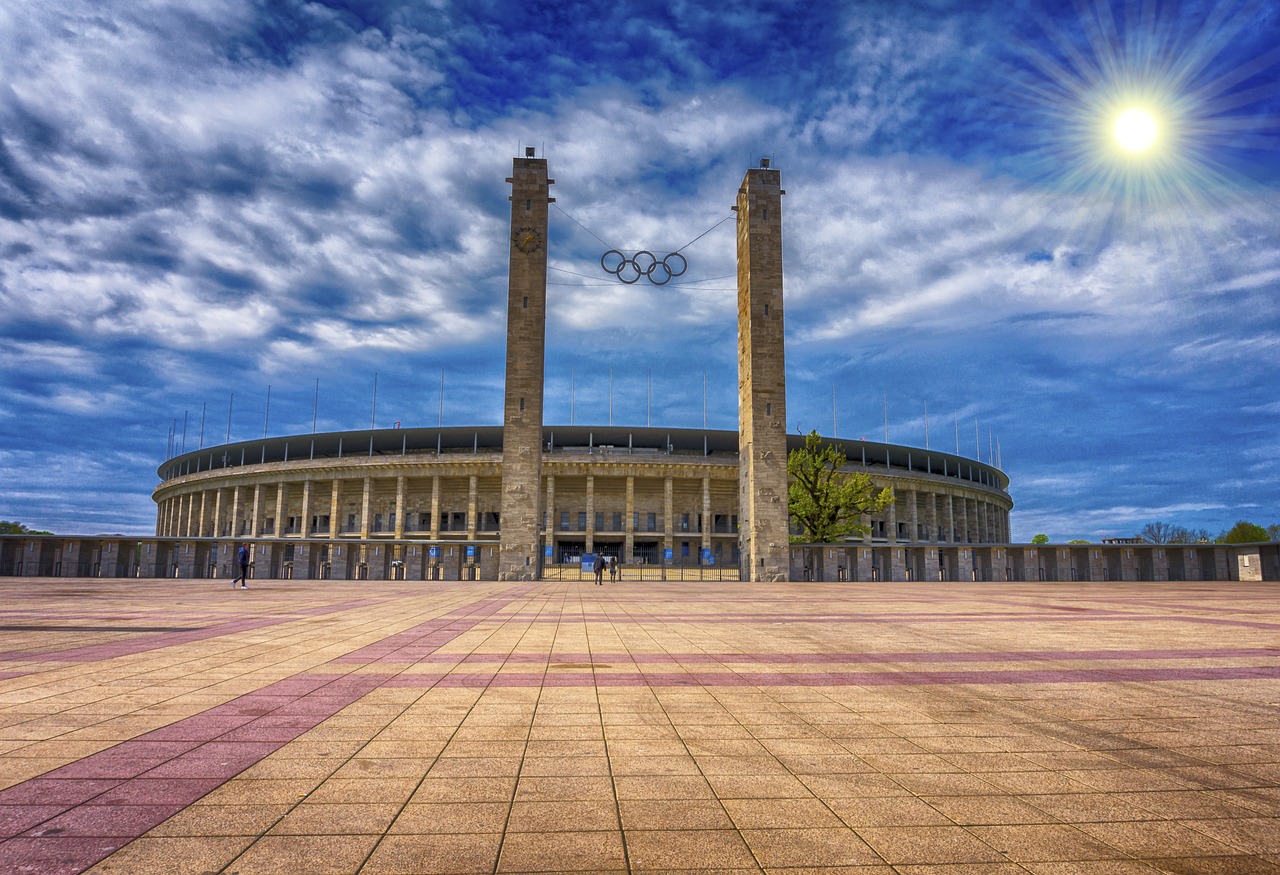
The Modern Olympic Movement
The Modern Olympic Movement traces its roots back to the late 19th century with the efforts of Pierre de Coubertin. In 1894, Coubertin founded the International Olympic Committee (IOC) with the vision of reviving the ancient tradition of the Olympic Games as a platform for international sportsmanship and unity. The inaugural modern Olympic Games were held in Athens in 1896, bringing together athletes from various nations to compete in the spirit of fair play and camaraderie.
Since its inception, the Modern Olympic Movement has grown exponentially, expanding to include a diverse range of sports and disciplines. The Games have evolved beyond mere athletic competition to become a symbol of global cooperation and cultural exchange. The IOC plays a pivotal role in overseeing the organization and management of the Olympics, ensuring that the values of excellence, respect, and friendship are upheld.
One of the key aspects of the Modern Olympic Movement is its commitment to promoting inclusivity and diversity. Over the years, the Games have become more accessible to athletes from all backgrounds, regardless of gender, race, or physical abilities. The introduction of the Paralympic Games has further emphasized the importance of providing opportunities for athletes with disabilities to showcase their talents on the world stage.
Moreover, the Modern Olympic Movement has embraced technological advancements to enhance the experience for both athletes and spectators. Innovations in sports equipment, training techniques, and competition facilities have revolutionized the way sports are played and watched. The introduction of digital media coverage and broadcasting has allowed millions of people worldwide to follow the Games in real-time, bringing the excitement and drama of the Olympics into living rooms across the globe.
The legacy of the Modern Olympic Movement extends far beyond the realm of sports. The Games have become a symbol of hope, inspiration, and unity, transcending cultural and political boundaries. Through promoting values of peace, friendship, and mutual understanding, the Olympics have the power to unite people from diverse backgrounds in a shared celebration of human achievement and potential.

Expansion and Adaptation
The Olympic Games have come a long way since their ancient origins, expanding and adapting to reflect the changing landscape of sports and society. From its humble beginnings in ancient Greece, where athletes competed in events like running, wrestling, and chariot races to honor the gods, the Olympics have evolved into a global phenomenon encompassing a wide range of sports and cultural significance.
One of the most significant expansions in the history of the Olympics was the introduction of the Paralympic Games, which provide a platform for athletes with physical disabilities to showcase their talents on an international stage. This addition not only broadened the scope of the Games but also promoted inclusivity and diversity in the world of sports.
Over time, the Olympics have continued to adapt to the changing times, incorporating new sports and disciplines to appeal to a wider audience. The inclusion of events like snowboarding, beach volleyball, and skateboarding has brought a fresh and modern appeal to the Games, attracting younger audiences and reflecting the evolving nature of sports culture.
Furthermore, the cultural significance of the Olympics has grown significantly, with each host country showcasing its unique heritage and traditions through the opening and closing ceremonies. These spectacles not only celebrate the spirit of competition but also serve as a platform for countries to promote their culture and values on a global stage.
As the Olympic Games continue to expand and adapt, they remain a symbol of unity, excellence, and sportsmanship, bringing together athletes and spectators from around the world in a celebration of human achievement. The ongoing evolution of the Olympics ensures that the Games stay relevant and engaging for future generations, carrying forward the legacy of this historic sporting event.

Political Controversies and Boycotts
Political controversies and boycotts have been a recurring theme throughout the history of the Olympic Games, adding layers of complexity to the event beyond mere athletic competition. From the Cold War tensions that led to boycotts of the Moscow and Los Angeles Games in 1980 and 1984 respectively, to more recent controversies surrounding human rights issues in host countries, politics have often overshadowed the spirit of unity and sportsmanship the Olympics aim to promote.
One of the most infamous instances of political controversy in the Olympics was during the 1936 Berlin Games, hosted by Nazi Germany. The Games became a platform for Hitler's propaganda, showcasing the regime's ideology of Aryan supremacy. The participation of Jesse Owens, an African American athlete who won four gold medals, challenged this narrative and stood as a powerful symbol of resistance against racism and oppression.
Boycotts have also played a significant role in shaping the political landscape of the Olympics. The United States led a boycott of the 1980 Moscow Games in protest of the Soviet Union's invasion of Afghanistan, while the Soviet bloc retaliated with a boycott of the 1984 Los Angeles Games. These actions not only deprived athletes of the opportunity to compete but also highlighted the geopolitical tensions of the time.
More recently, controversies have emerged around issues such as human rights violations in host countries. The 2008 Beijing Games faced criticism for China's human rights record, while the 2014 Sochi Games in Russia were marred by concerns over LGBTQ rights and discrimination. These instances have raised important questions about the ethical responsibilities of the Olympic movement and the role of sports in addressing social and political issues.
Despite these challenges, the Olympic Games have also seen moments of unity and reconciliation. The 2000 Sydney Games featured a historic joint march of North and South Korean athletes under a unified flag, symbolizing a brief moment of peace and cooperation between the two nations. Such gestures remind us of the potential of sports to transcend political divides and foster understanding among nations.

Technological Advancements in the Olympics
Exploring the evolution of the Olympic Games from its ancient origins in Greece to the modern international sporting event that captivates audiences worldwide today.
Delving into the historical roots of the Olympic Games in ancient Greece, where they were held in honor of the gods and featured events like running, wrestling, and chariot races.
Detailing the efforts of Pierre de Coubertin in the late 19th century to revive the Olympic Games as an international athletic competition promoting peace and unity among nations.
Exploring the establishment of the International Olympic Committee (IOC) in 1894 and the first modern Olympic Games held in Athens in 1896, setting the stage for the global event we know today.
Discussing the growth of the Olympic Games to include a wider range of sports, the introduction of the Paralympic Games, and the evolving cultural significance of the event over time.
Examining the various political controversies, boycotts, and protests that have marked the history of the Olympics, from the Cold War rivalries to issues of human rights and discrimination.
Highlighting the role of technology in shaping the modern Olympic Games, from advancements in sports equipment and facilities to innovations in broadcasting and digital media coverage.
Assessing the enduring legacy of the Olympic Games in promoting international cooperation, fostering athletic excellence, and inspiring future generations of athletes and sports enthusiasts.
Speculating on the challenges and opportunities facing the Olympic Games in the 21st century, including issues of sustainability, inclusivity, and the continued relevance of the event in a rapidly changing world.
Stay tuned for answers to common queries about the Olympic Games, their history, significance, controversies, and future prospects.
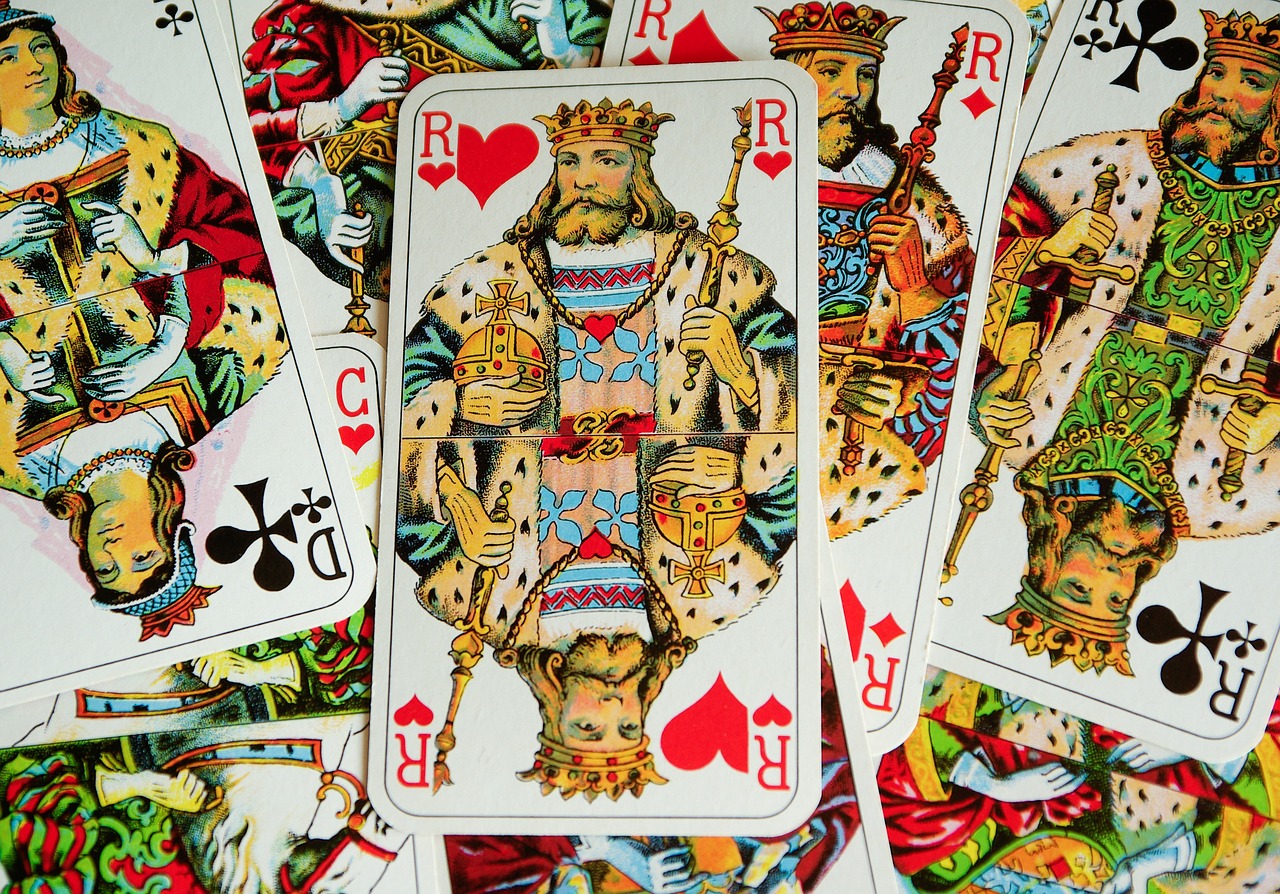
Olympic Legacy and Impact
When we look back at the history of the Olympic Games, it's impossible to ignore the profound legacy and impact they have left on the world. Dating back to ancient Greece, where the Games were a symbol of honor to the gods, the Olympics have evolved into a global phenomenon that transcends borders and unites nations in friendly competition.
One of the most significant impacts of the Olympics is its ability to promote international cooperation and understanding. Athletes from diverse backgrounds and cultures come together to compete on a level playing field, showcasing the power of sports to bridge divides and foster mutual respect.
Furthermore, the Olympic Games have been instrumental in fostering athletic excellence and inspiring generations of individuals to pursue their sporting dreams. The stories of Olympic champions serve as a source of motivation for aspiring athletes worldwide, encouraging them to push their limits and strive for greatness.
Moreover, the cultural significance of the Olympics cannot be overstated. The Games have become a platform for countries to showcase their unique traditions, art, and values to a global audience, fostering appreciation and respect for different cultures around the world.
On a broader scale, the legacy of the Olympics extends beyond sports, influencing areas such as urban development, infrastructure, and environmental sustainability. Host cities invest in building state-of-the-art facilities and improving infrastructure, leaving a lasting impact on their communities long after the Games have ended.
In conclusion, the Olympic Games have left an indelible mark on the world, promoting peace, unity, and excellence through the spirit of sport. As we look to the future, the legacy of the Olympics will continue to shape the world, inspiring individuals to strive for their best and fostering a sense of global community like no other event.
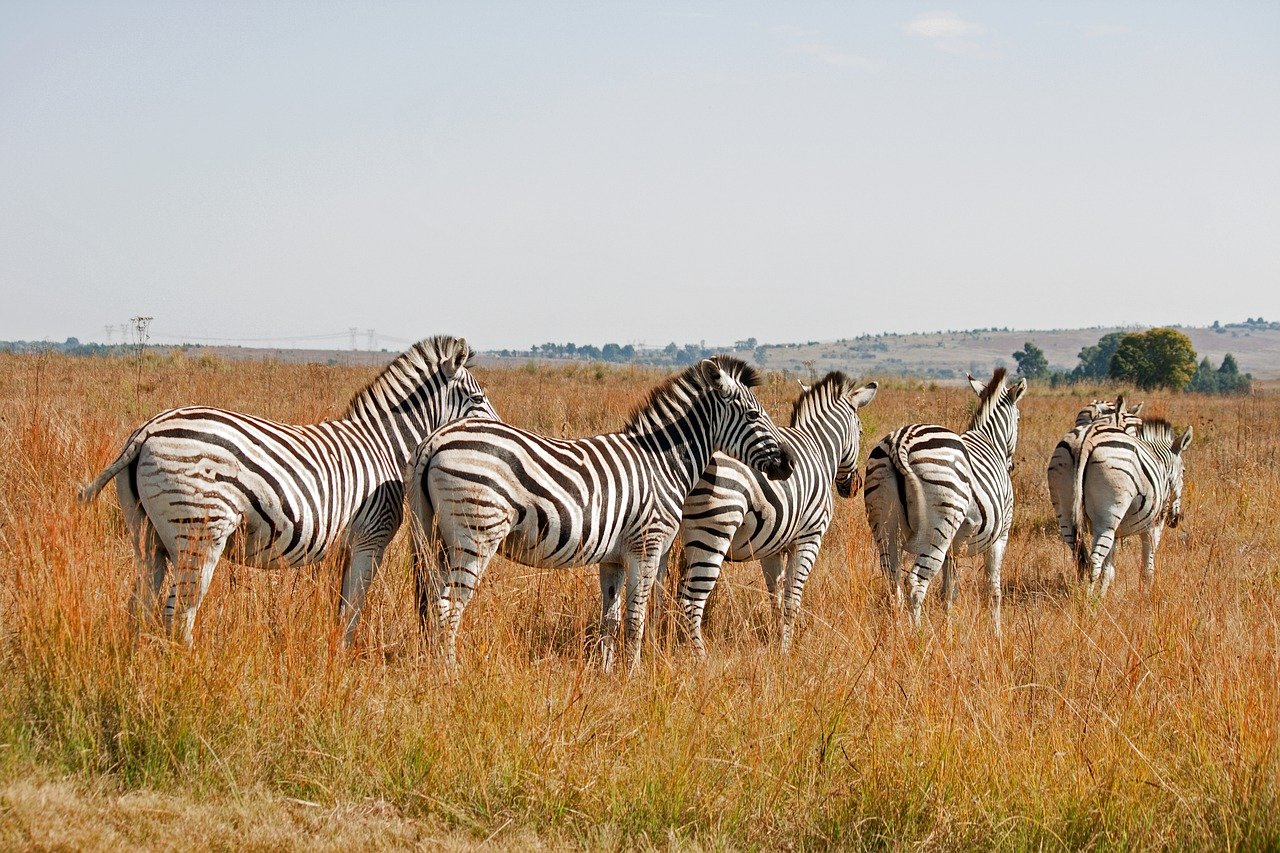
The Future of the Olympics
As we look ahead to the future of the Olympics, one cannot help but wonder about the challenges and opportunities that lie ahead for this iconic sporting event. With the world constantly evolving, the Olympics must also adapt to stay relevant and continue to inspire athletes and fans alike.
One of the key issues facing the Olympics in the 21st century is sustainability. As the world becomes more environmentally conscious, there is a growing demand for events like the Olympics to be eco-friendly and minimize their carbon footprint. The use of renewable energy sources, sustainable building practices, and waste reduction initiatives are all crucial aspects that the Olympics must address to ensure a greener future.
Inclusivity is another important consideration for the future of the Olympics. The Games must strive to be inclusive of all athletes, regardless of their background, gender, or abilities. Promoting diversity and equality in sports is not only essential for the integrity of the Olympics but also for inspiring future generations of athletes from all walks of life.
Furthermore, the continued relevance of the Olympics in a rapidly changing world is a pressing issue. With the rise of new sports, changing viewer preferences, and evolving technologies, the Olympics must find ways to stay current and engage with audiences in innovative ways. Embracing digital media, virtual reality experiences, and interactive fan engagement are all avenues that the Olympics can explore to remain a vibrant and exciting global event.
As we navigate the challenges and opportunities that the future holds for the Olympics, one thing is certain - the spirit of competition, camaraderie, and excellence that the Games embody will continue to captivate audiences around the world for generations to come.
Frequently Asked Questions
- What are the Olympic Games?
The Olympic Games are an international sporting event that brings together athletes from around the world to compete in various sports disciplines. The Games promote unity, friendship, and athletic excellence among nations.
- When were the first modern Olympic Games held?
The first modern Olympic Games were held in Athens, Greece in 1896. This marked the revival of the ancient tradition of athletic competitions and laid the foundation for the modern Olympic movement.
- How often are the Olympic Games held?
The Summer and Winter Olympic Games are held every four years, alternating between the two events. This schedule allows different host cities and countries the opportunity to showcase their culture and infrastructure.
- What is the significance of the Olympic rings?
The Olympic rings symbolize the unity of the five continents (Africa, the Americas, Asia, Europe, and Oceania) through sports. The colors of the rings represent the flags of all nations, demonstrating the global nature of the Olympic movement.
- How are host cities chosen for the Olympic Games?
Host cities are selected through a competitive bidding process by the International Olympic Committee (IOC). Cities must demonstrate their ability to provide suitable venues, accommodations, and infrastructure to host the Games.

